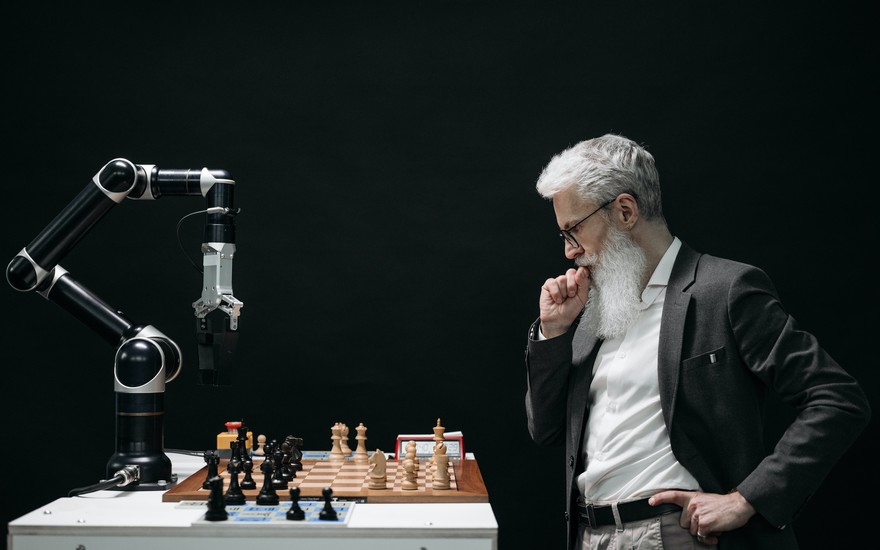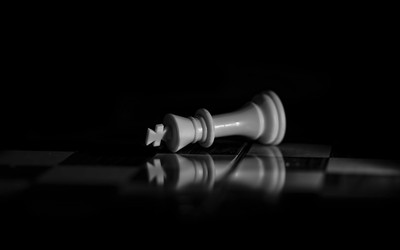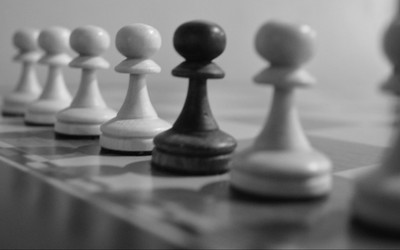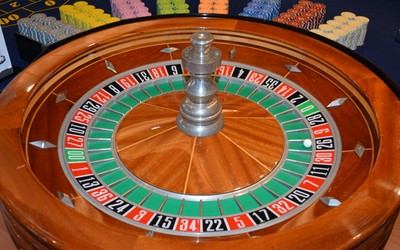
Pavel Danilyuk
What is Kaizen?
Think like an engineer.Forgive me for beating a dead horse--and perhaps a blog isn't the best medium for such a message--but after seeing so many self-help posts it only seems fair to provide a scientific approach. Perhaps if I use a Japanese word (Kaizen) readers will imagine philosophy of improvement is something new and not the same topic I posted about in November.
Deep Blue was the last great engine to have been trained by humans before self-training technique became scalable. Scientific American and Behind Deep Blue: Building the Computer that Defeated the World Chess Champion (Feng-hsiung Hsu) and Levy & Newborn's How Computers Play Chess explain 20th-century engines. With affordable power of scalable computing, Stockfish and AlphaZero have brought an end to that era...
- Point Kaizen - As soon as something is found broken or incorrect, quick and immediate measures are taken to correct the issues. These measures are generally small, isolated and easy to implement; however, they can have a huge impact.
If you've had a coach (or you click the "Learn From Your Mistakes" button after a game) you are familiar with identifying your immediate mistakes. Frequently players bemoan, "If only I had seen that one tactic, I would have won the game..." but such a victim mentality is counterproductive; review games like a GM and identify all the reasons for all of your mistakes, however subtle.
Engines output evaluations with move recommendations, so developers can write unit tests then fix bugs.
- System Kaizen is an upper-level strategic planning method for a short duration, devised to address system-level problems in an organization.
If you reached an unfamiliar endgame position, perhaps some endgame study would be valuable instead of spending all day memorizing openings. Policy decisions can have a broader impact without causing a crisis of confidence, although it may take time and effort to see results.
Developers make major changes to software, and regression test those changes to verify the effort was worthwhile.
- Line Kaizen refers to communication of improvements between the upstream and downstream of a process. Point Kaizen parallelizes communication of improvements...
Maybe we can't follow Max Deutsch's example, but we can recognize the flow of a game and clarify our thoughts. Chess has an opening, middlegame, and endgame; it has open positions and closed positions; and there can be tactical and positional styles of play. If you don't observe how your opening, endgame, etc. study directly improves your other aspects of the game then how can you measure improvement? Rating graphs are the least informative (i.e., worst) way to measure learning; to stay one step ahead of competition, it's imperative you find something which works well for you. Or perhaps chess is just a game, meant to be enjoyed... but try telling that to 1 million bullet and blitz competitive players.
Perhaps learning every pawn endgame can help you improve at rook and pawn endgames, which can help you improve your Berlin Defense; or perhaps it can help you master a wide array of minor piece endgames which crop up from every opening, so during timed games you can think longer on opening and middlegame positions without fear of losing endgames.
DeepMind excited the world by successfully applying neural networks with backpropagation which trained at scale. I was excited they ethically and generously shared their research methods; in 2019 I laughed when players complained about "fairness" of A0-SF match conditions. It's tragic that Deep Blue's efforts are lost to history, whereas Leela Chess Zero and Stockfish benefit from scientific advances.
Photo credit: Pavel Danilyuk




